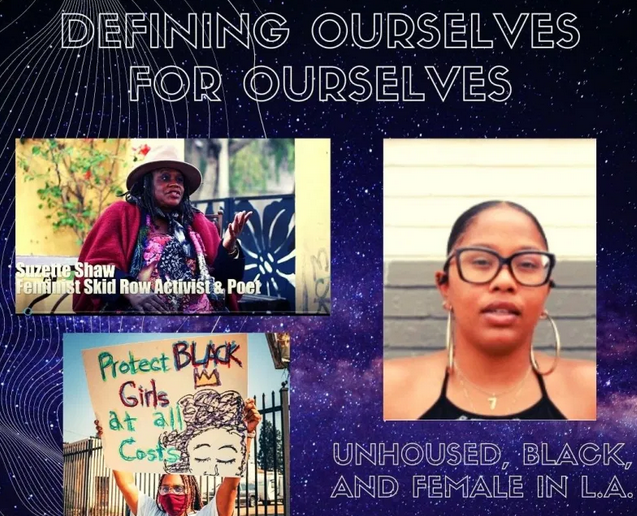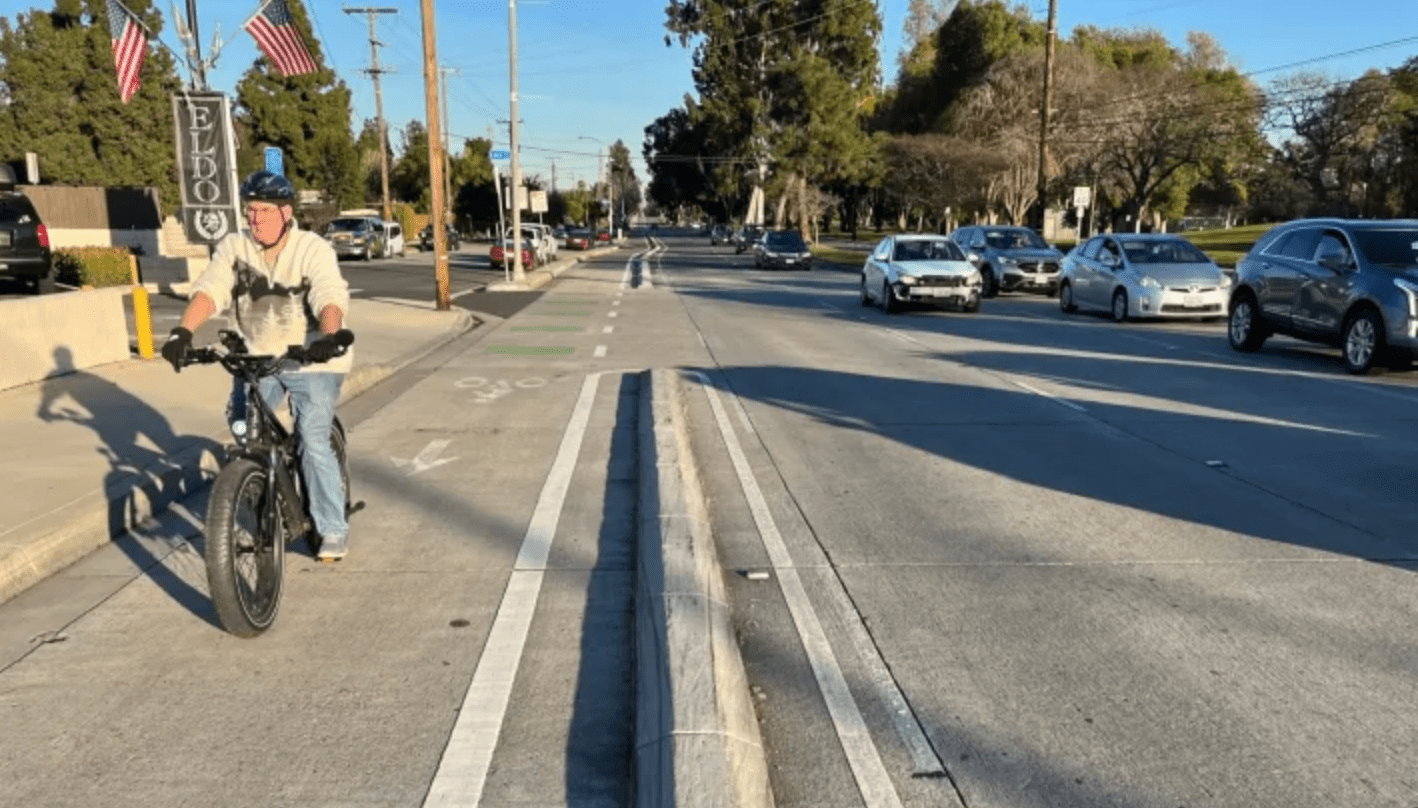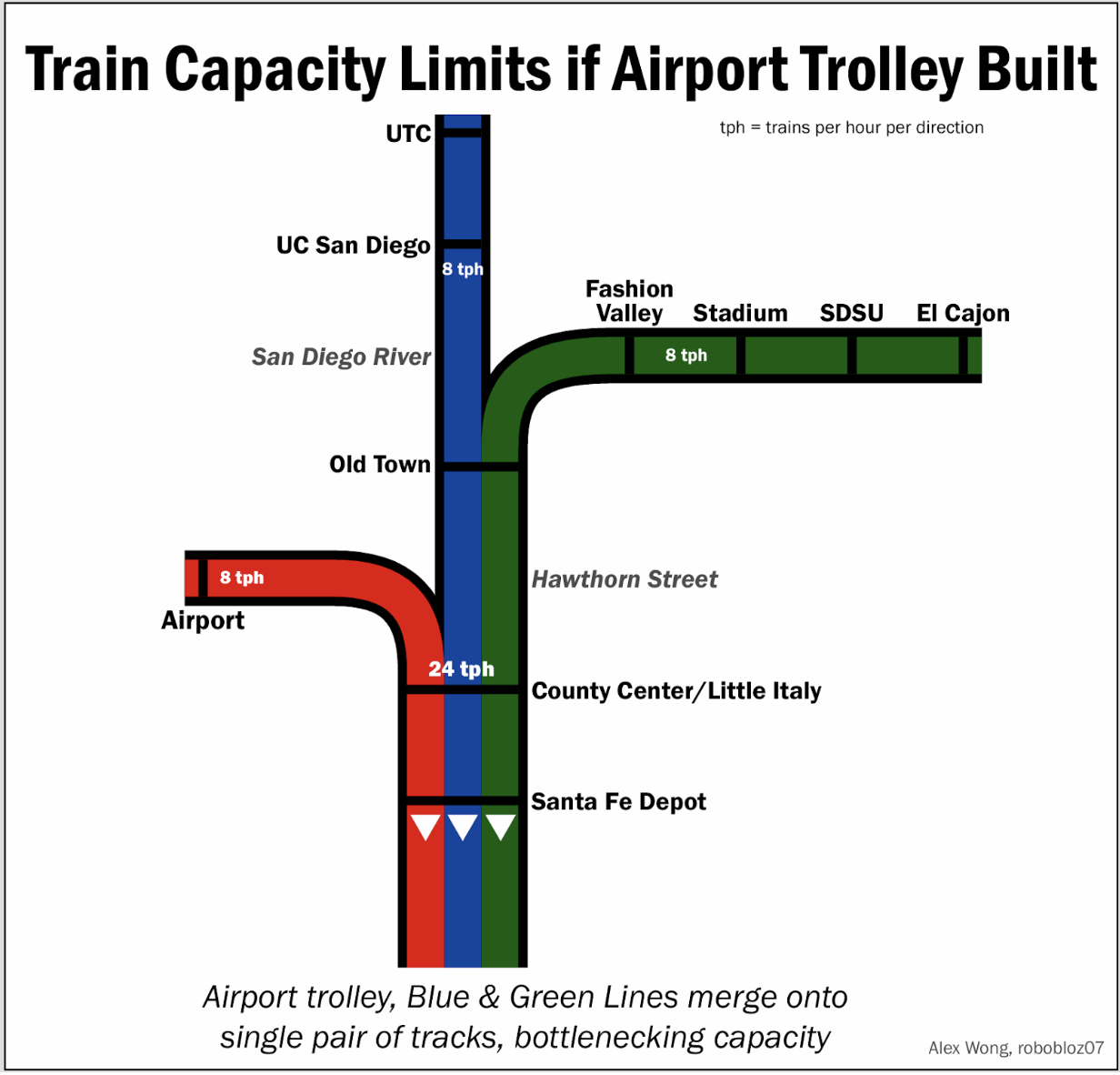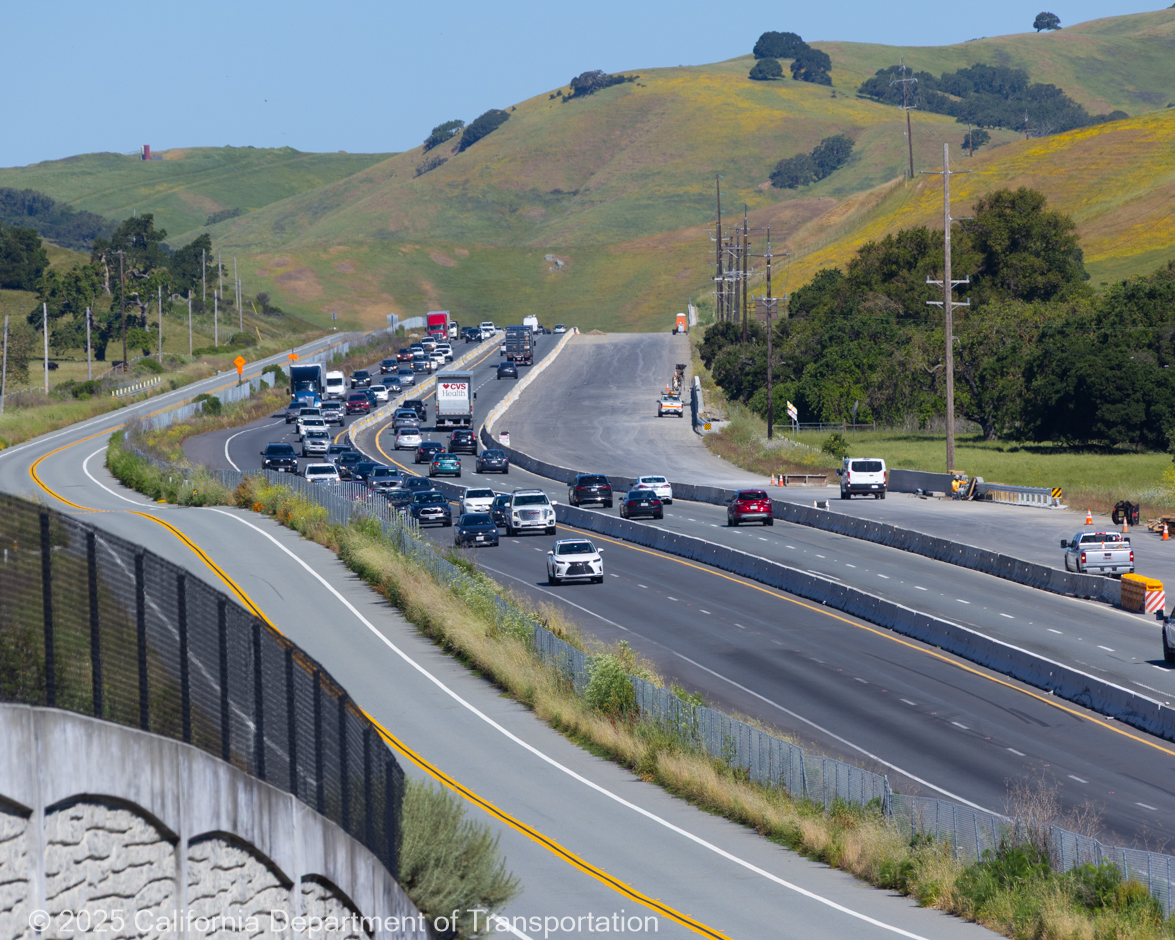Take time to watch "Defining Ourselves For Ourselves: Unhoused, Black, and Female in L.A.," a documentary by Zorrie Petrus made in conjunction with the Women's Leadership Project (WLP).
The 20-minute film explores "Black women's intersectional experiences with homelessness, misogynoir, colorism, foster care, sexual and domestic abuse, trafficking and educational disruption" via the stories of unhoused and formerly unhoused women.
Viewers may recognize participants like Suzette Shaw, who was named State Senator Holly Mitchell’s 2020 Woman of the Year for her ceaseless advocacy for the unhoused, and for Black women in particular. When Shaw found herself living out of her car on Skid Row after losing her job, she built community and power by founding a women's organization there. She has since served on a number of community and advisory groups to ensure that the unique barriers Black women face are part of the policy conversation.
Imani Moses' experience with being unhoused is more recent - she found herself homeless and sleeping in her car during her last semester at Cal State Long Beach in 2017. She describes how the instability affected her mental and physical health, and made her fearful she wouldn't be able to complete her education. She also found herself confronted with a paradox that many of the women in the video touch on: namely, that sleeping in a car can be preferable to the stresses of feeling unwelcome, uncomfortable, unwanted, taken advantage of, and/or at risk for assault that can come with couchsurfing or being in shelters.
The kind of housing services women in that situation need, all suggest, must be comprehensive to mitigate and minimize those traumas.
For the founder of Inglewood's Helping Hands, Kaitlyn Pahrm, learning more about the structural injustices that shaped her experience and pushed so many other young women into the streets influenced the way she approached assisting others. She says she wants to orient herself toward preventative work and keep Black women and girls from becoming vulnerable in the first place.
At a moment that L.A. City and County, Metro, and others are beginning the difficult work of determining what it means to re-imagine public safety in practice, it is important to hear about the significance of preventive work from women who did not benefit from such protections.
Many of the barriers and shortcomings the women identify in the film echo the findings of the Ad Hoc Committee on Black People Experiencing Homelessness - one of the committees on which Shaw served.
The committee's far-ranging report both identified many of the drivers of housing injustice and offered a number of recommendations for a way forward.
Among those recommendations was improved "data collection, analysis, and collaborative research to better understand and track issues affecting Black people experiencing homelessness" - something the women participating in the film hope to contribute to by telling their stories.
There remains much to be done. Black people continue to be disproportionately represented among Los Angeles' unhoused, comprising just eight percent of the total population in Los Angeles, but thirty-four percent of its unhoused population. With an eviction crisis looming on the horizon, it is possible those numbers may rise even further.
See the film below (though not named above, the film also features important contributions from Clay Wesley and Kyra Kellum). Learn more about the work of Zorrie Petrus, the Gardena High School Grad and WLP alum who directed, filmed, and edited the film, here. And learn more about WLP and founder Sikivu Hutchinson here. [Hutchinson was just named Harvard Humanist of the Year, along with Ijeoma Oluo and Mandisa Thomas.]






